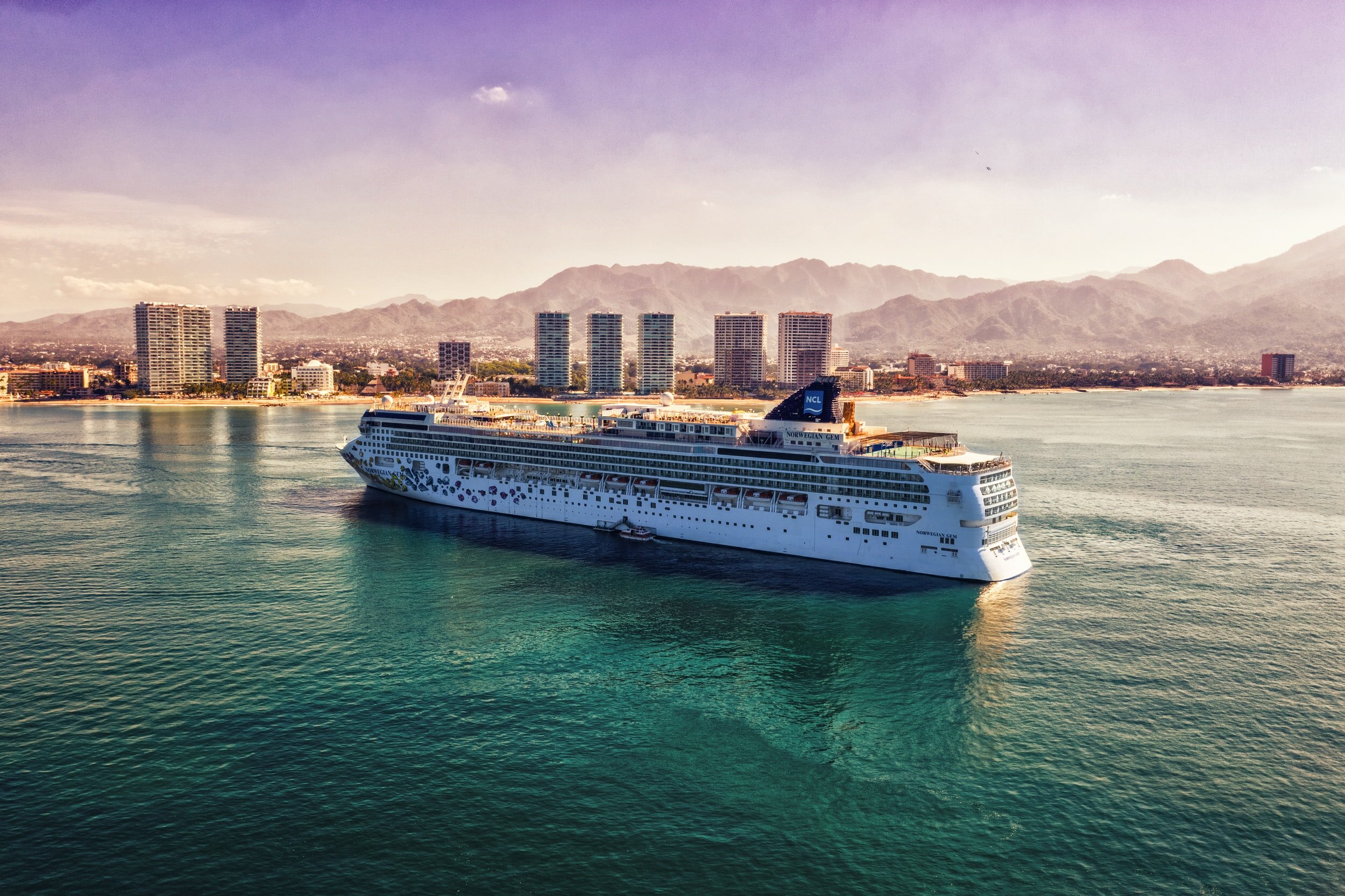
Case Summaries
Fimbank Plc v KCH Shipping Co., Ltd [2022] EWHC 2400 – 28 September 2022 (Sir William Blair)
The Tribunal held the claims against the carrier for misdelivery after cargo discharge were time-barred by Art. III r.6 of the Hague Visby Rules. The Claimant (financiers and B/L holders) argued the Rules only applied to the sea voyage, not misdelivery from storage, and that the time-bar immunity ended when the cargo was discharged. The High court dismissed the appeal (s.69) and upheld the Tribunal’s award. Most deliveries take place after discharge, and outside of carrier’s control, and it would be odd if the critical distinction for time bar purposes depended on the timing of delivery. Such an interpretation was consistent with the objective of finality and to allow a carrier to “close his books”.
Ceto Shipping Corporation v Savory Shipping Inc [2022] EWHC 2636 – 21 October 2022 (Baker J)
The demise charter contained a purchase obligation by Charterers at expiry. Title would pass automatically provided “Charterers have paid all hire… and… all management fees... due”. Charterers subsequently faced claims for management fees and crew wages, and a Singapore Court ordered the Vessel’s sale. Charterers, who disputed these claims, argued that disputed debts were not “due” and that Vessel title had passed to them. The Court disagreed; reasonable business persons would consider an amount due despite being disputed. There was nothing unfair to Charterers about a bona fide dispute depriving Charterers of the passing of title when they had failed to satisfy the conditions set out in the c/p.
London Arbitration 31/22
Charterers instructed Owners to not “allow sampling and discharge” as receivers had not paid. Owners claimed damages for the detention and relied on a provision in the Recap allowing time lost to be reimbursed as damages. Charterers disagreed and argued demurrage was only remedy for failing to complete discharge within time. The Tribunal agreed; the Recap also contained an express term stating “CARGO ANALYSES…IMPORT AND/OR EXPORT FORMALITIES” to count as laytime. This included “cargo sampling” and Charterers’ delayed authorisation. Owners claim for damages failed, but they were entitled to demurrage with laytime running as stipulated in the Recap.
Vitol SA v JE Energy Ltd [2022] EWHC 2494 – 07 October 2022 (Lionel Persey KC)
Vitol sold 30,000 mt fuel oil to JE, FOB Tema with laycan 23-24 December; further terms were envisaged, for example as to the L/C. JE failed to nominate a vessel to arrive Tema within laycan but Vitol continued to demand performance (rather than cancel) until on 1 February, JE declared the contract ‘null and void’ at which point Vitol treated JE as in repudiatory breach. JE argued that in context ‘laycan’ here simply indicated a loading period, which in the event was subsequently extended by agreement to 31 January. The Court found that ‘laycan’ had its traditional meaning and any agreed extension related solely to L/C arrangements. Vitol’s claim for market value (based on its own sales and statistics) of approximately USD3.3m was accepted.
Pola Logistics Ltd v GTLK Europe DAC & Ors [2022] IEHC 501 – 25 August 2022 (Sanfey J)
Pola bareboat chartered 7 vessels (with purchase options) for 10 years from D2 (Malta) to fulfil its long-term, continuing, contracts. D2 is wholly owned by D1 (Irish), in turn beneficially owned by Russian interests subject to EU and US sanctions (the latter with a 1.9.22 deadline for transactions, and both impacting on Pola). Although the C/Ps were subject to English law/ Arbitration, Pola commenced substantive proceedings in Ireland seeking (inter alia) on a summary basis, urgent specific performance of its purchase options and orders abridging the option notice periods. As Ds 1 and 2 indicated they would comply with the Irish Court’s orders, the Court granted these 3 reliefs, in particular as damages would not have been an adequate alternative to specific performance.
London Arbitration 30/22
Owners claimed demurrage under an amended Asbatankvoy. Charterers challenged the validity of an NOR as tendered via email, a means not listed by Clause 6 “letter, telegraph, wireless or telephone”. “Wireless”, Charterers argued, referred solely to VHF/radio transmission and the Asbatankvoy form pre-dated email. Owners proved that the NOR email had been transmitted via vessel’s wireless communication system (and email existed before the Asbatankvoy). Owners’ claim, thus, succeeded.